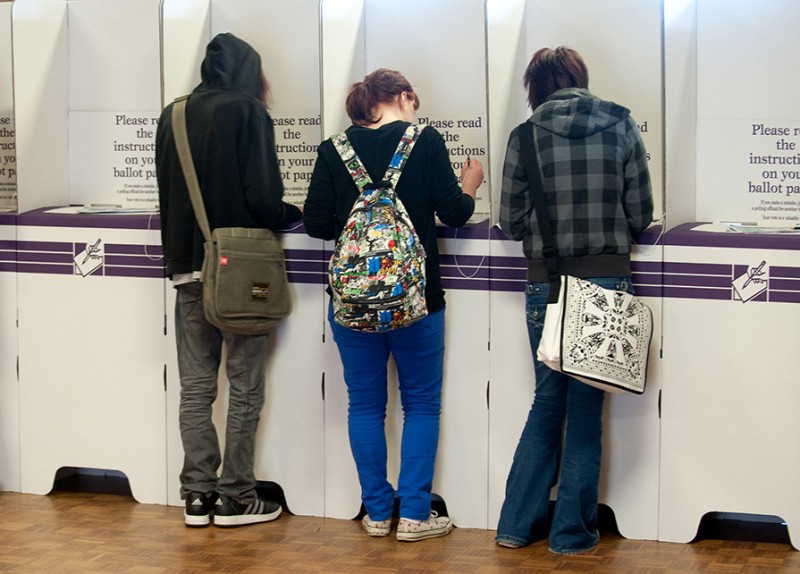What happens if minor parties get more votes than the major parties? Will the minor parties have to join either labor or liberal?
Hi Christine
Thank you for your question.
It is very unlikely that minor parties will get more votes than major parties at an election. Most people who nominate to be our representatives come from the major political parties. This is why the major parties end up with more seats in the House of Representatives. However there are also members elected from minor parties (small political parties), or as independents (not representing any political party).
After an election, the party (or coalition of parties) that win the majority (76 or more) of seats in the House of Representatives become Australia’s government. A coalition is an agreement between two or more parliamentary parties.
When no party or coalition of parties achieves a majority in the House of Representatives it is possible to have a ‘hung parliament’, which occurred most recently in 2010. In this situation, a government can be formed if a majority can be achieved through an agreement with independents and/or minor parties. Whilst the independent or minor party members may choose to support and align themselves with one of the major parties to form government, they do not have to join the party.
This type of government is known as a minority government.
People voting in a federal election.

Australian Electoral Commission
Description
This photo shows large, purple and white cardboard voting booths in a row. Each booth is screened off from the neighbouring booths. Three people are standing at the booths with their backs to the camera. They are looking down and appear to be writing at the legde of their booths.
Permission should be sought from the Australian Electoral Commission (AEC) for third-party or commercial uses of this image. To contact the AEC email: media@aec.gov.au or phone: 13 23 26.